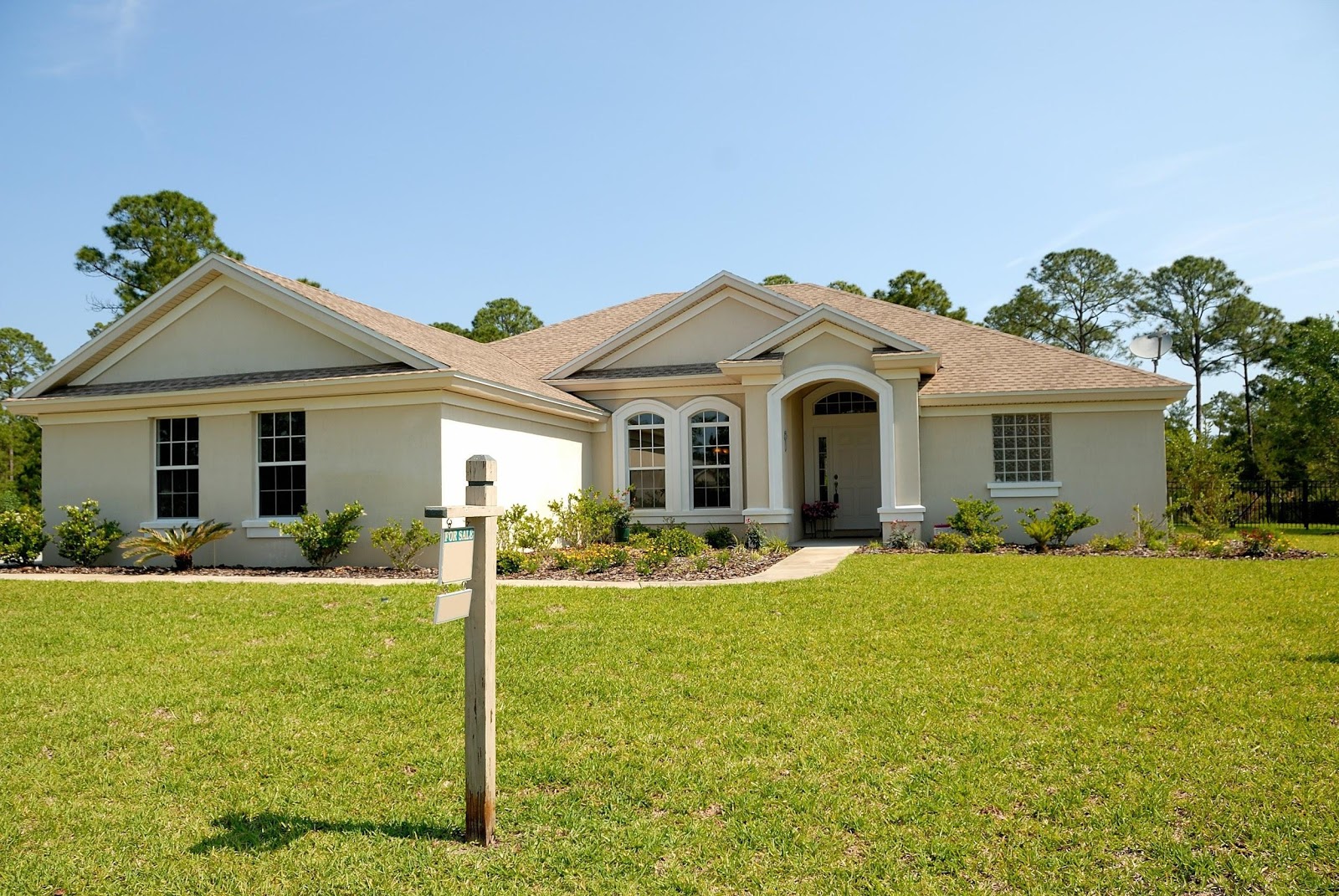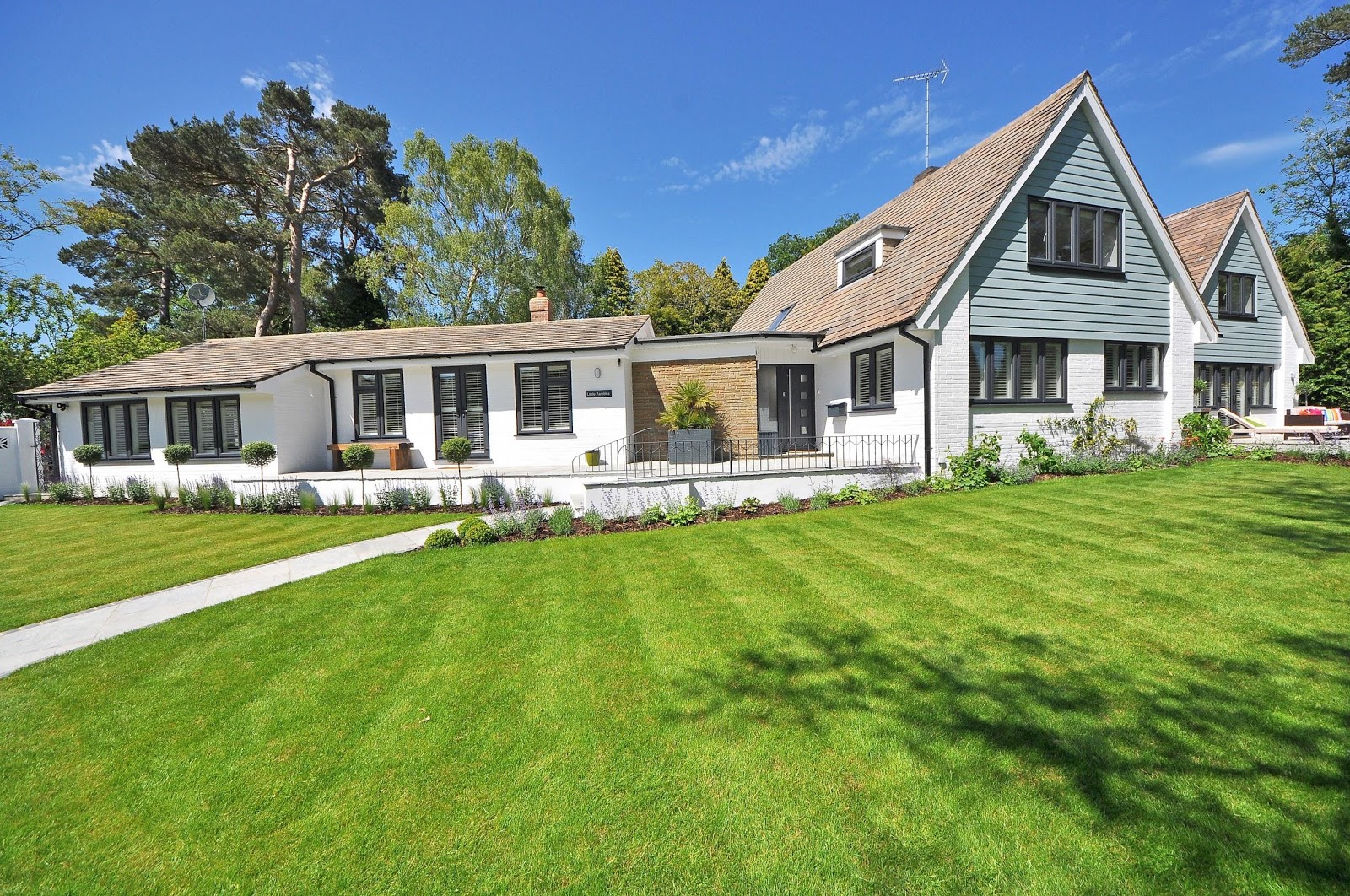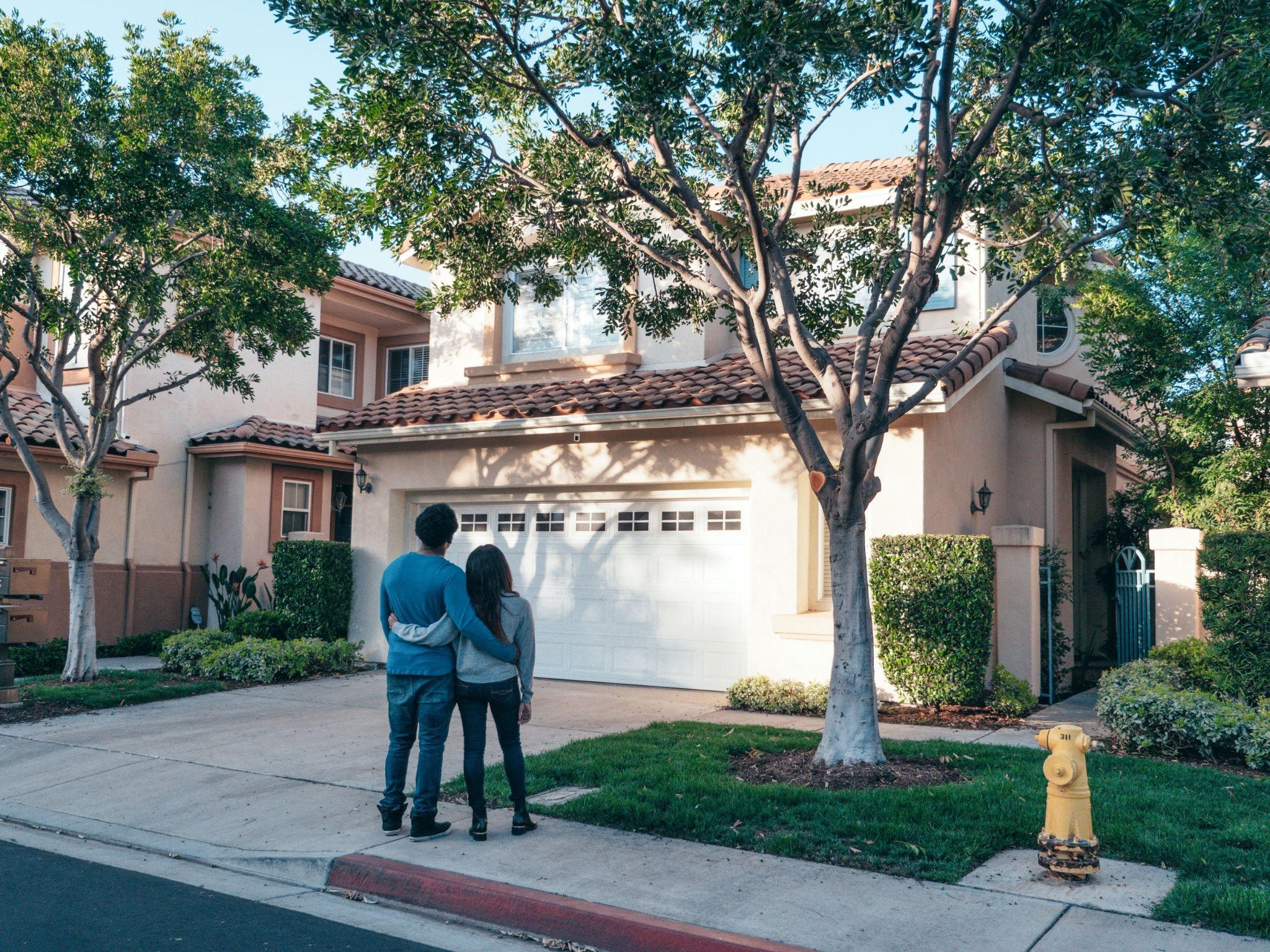What is HARP
A HARP (Home Affordable Refinance Program) mortgage is a home loan refinance program that offered homeowners the ability to refinance. Many homeowners have “underwater mortgages,” which means they owe more on their mortgage than the value of the property. This circumstance makes it difficult, if not impossible, for these homeowners to refinance because there isn’t enough equity available for credit. This is a frustrating and discouraging situation. *At the beginning of 2020, 3.4% of all mortgaged properties, that is some 1.8 million homes, had underwater mortgages (negative equity). In March 2009, the original HARP mortgage program launched and helped over 3.5 million homeowners with negative equity to refinance their homes without getting new mortgage insurance, and despite the poor loan-to-value ratio (LTV). The program ended in December 2018. This mortgage program was also called Making Home Affordable, A Better Bargain for U.S. Homeowners, the Obama Refi, Relief Refinance, and DU Refi Plus. HARP didn’t loan money. Instead, it worked with lenders to provide refinancing for qualified homeowners. Related: Benefits of Buying a HomeHow you qualify
A homeowner must meet the following requirements to qualify for HARP refinancing:- The mortgage has to be guaranteed or owned by Fannie Mae or Freddie Mac.
- The mortgage must have been sold to them by May 31, 2009.
- Eligible property types are primary residences, single-unit second homes, and one-to-four unit investment properties.
- You can not have previously refinanced with HARP - unless it was with Fannie Mae between March and May 2009.
- Homeowners have to be current in their mortgage payments. There can be no more than one late payment in the past 12 months.
- The current LTV has to be at least 80%.
5 things to do to prepare for HARP
Now that you know you qualify for HARP, here are 5 things you should do next:1 Make sure your mortgage is secured by Fannie Mae
If you aren’t sure who is securing your loan, Fannie Mae and Freddie Mac have sites for you to check. If your mortgage isn’t listed on either site, unfortunately, you aren’t HARP-eligible.2 Do you have mortgage insurance?
If you already have mortgage insurance, the new HARP loan has to have the same level of coverage.3 Is your mortgage old enough?
Eligible mortgages were securitized before June 1, 2009, which means your loan must have started in Mid-May 2009. Just check your paperwork.4 Organize your paperwork
The HARP process is like any other home loan; you’ll need to provide a driver’s license, bank statements, pay stubs, homeowner’s insurance information, and W-2s. Self-employed homeowners will have to show several years of tax returns to prove their income. The faster you can get the information to the lender, the sooner you can know if you’ve been approved and could determine your mortgage rate. We have helped a record number of clients get low rates and reach their other financial goals. How can we help you? Call Mares Mortgage today!
We have helped a record number of clients get low rates and reach their other financial goals. How can we help you? Call Mares Mortgage today!
Replacement program
Since the HARP program has been discontinued, homeowners with underwater mortgages may receive help from the replacement program - Streamline Refinancing. Note: For underwater VA mortgages, there is a VA Streamline program. For underwater USDA mortgages, there is a USDA Streamline program. For underwater FHA mortgages, there is an FHA Streamline program.Streamline Refinancing
This program was created to ensure that homeowners with less than 5% equity in their homes and who don’t qualify for traditional refinancing, would not be without assistance. A refinancing option can often prevent foreclosure. Streamline differs from HARP in a few key ways:- There is no expiration date attached to Streamline. It’s meant to be a ‘forever program’ - permanent assistance to homeowners with underwater mortgages.
- There is no longer a required start date for the loan you want to be refinanced. HARP required that borrowers had taken out their initial loan before June 1, 2009. But Streamline is here for whenever the loan was originally taken out.
- Unlike HARP, borrowers may use Streamline more than once. However, if the loan was refinanced under HARP, they can’t come again to Streamline.
New program requirements
Homeowners must benefit from refinancing in at least one of the following ways to qualify for Streamline:- Lower interest rate
- Lower monthly principal and interest payment
- A stabilized mortgage. For instance, changing from an adjustable-rate mortgage to a fixed-rate mortgage.
- Shorter mortgage term









